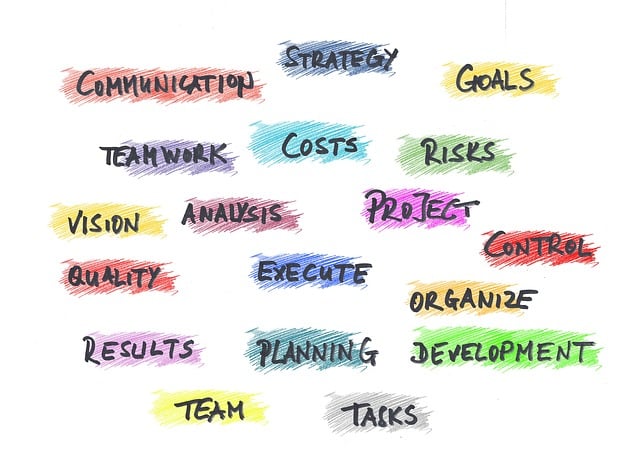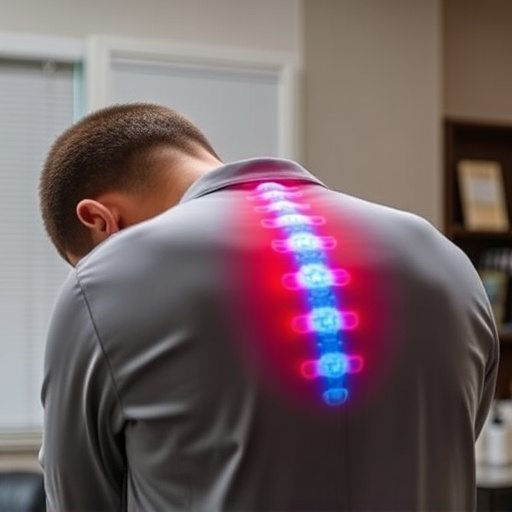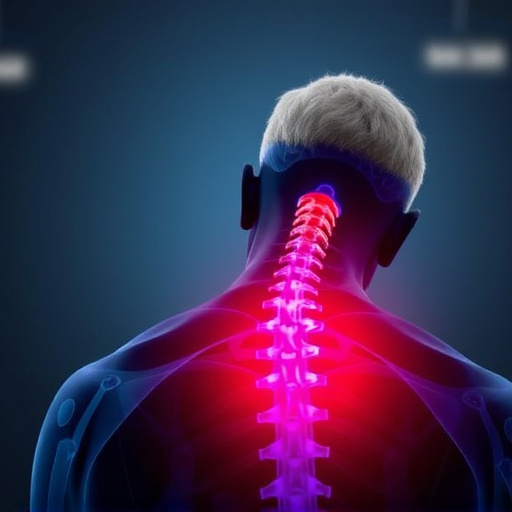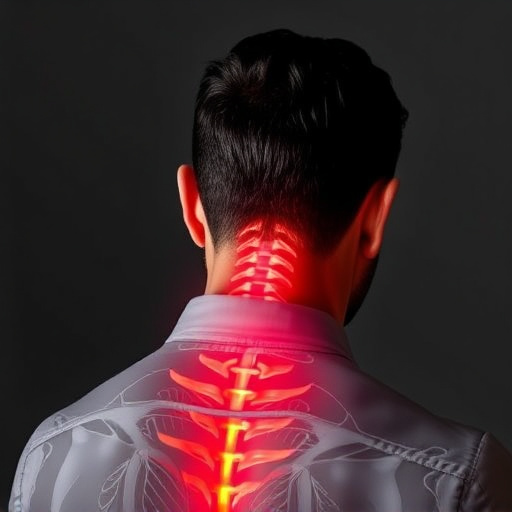Workers' Compensation provides integrated medical care for on-the-job injuries, covering healthcare expenses, rehabilitation, and disability benefits. This system offers a holistic approach by bringing various healthcare providers under one roof, addressing physical and psychological aspects of work-related injuries. An integrated model saves time, reduces stress, and enhances treatment quality through better communication among specialties, leading to faster recovery times and improved outcomes for injured workers. Modern medical facilities with multiple specialties under one roof streamline care, reduce wait times, and minimize redundant tests, ensuring comprehensive and consistent treatment throughout the process. Effective management of legal aspects in workers' compensation claims is crucial for patient safety and provider trust.
In today’s complex healthcare landscape, integrating various medical specialties under one roof is transforming patient experiences. This comprehensive approach, often facilitated by workers’ compensation and injury care, offers a holistic solution for victims seeking treatment. We explore the benefits of one-stop healthcare, delving into the diverse specialties available, efficient coordination, legal considerations, and success stories that demonstrate improved patient outcomes through integrated medical care.
- Understanding Workers' Compensation and Its Role in Integrated Medical Care
- The Benefits of One-Stop Healthcare for Injury Victims
- Specialties within the Medical Facility: A Comprehensive Overview
- Efficient Coordination for Better Patient Outcomes
- Navigating Legal Aspects: Workers' Comp Claims and Medical Services
- Success Stories: Transforming Lives with Holistic Treatment Under One Roof
Understanding Workers' Compensation and Its Role in Integrated Medical Care

Workers’ Compensation plays a pivotal role in shaping integrated medical care, especially for employees who sustain injuries on the job. This legal framework ensures that workers receive necessary medical treatment and support during their recovery process. When an employee suffers a work-related injury, Workers’ Compensation acts as a safety net, covering various aspects of healthcare including medical expenses, rehabilitation services, and in some cases, disability benefits if the injury causes long-term impairments.
Integrated medical care under one roof becomes even more crucial in these scenarios. Healthcare providers collaborate to offer comprehensive treatment, addressing both the physical and emotional well-being of injured workers. This holistic approach streamlines the recovery process, ensuring employees receive specialized care for their specific injuries while also managing potential psychological impacts associated with work-related traumas.
The Benefits of One-Stop Healthcare for Injury Victims

For individuals suffering from work-related injuries, accessing specialized care through a one-stop healthcare model offers numerous advantages. This integrated approach ensures that workers compensation injury victims can receive comprehensive treatment and support under one roof. Instead of navigating multiple medical facilities and specialists, patients can access various services, including physical therapy, occupational therapy, and medical expertise, all tailored to their specific needs.
This streamlined process not only saves time and reduces stress for the injured worker but also enhances the overall quality of care. One-stop healthcare facilitates better communication between different specialties, ensuring a cohesive treatment plan. This coordination can lead to faster recovery times and improved patient outcomes, ultimately helping individuals return to work more quickly and safely.
Specialties within the Medical Facility: A Comprehensive Overview

In a modern medical facility, a wide array of specialties coexist under one roof, catering to diverse patient needs. This integrated approach ensures comprehensive healthcare, where patients benefit from specialized services without the hassle of referrals. From internal medicine and pediatrics to cardiology, neurology, and oncology, each department plays a crucial role in maintaining the overall health of the community.
The presence of dedicated units for workers’ compensation injury care further exemplifies the facility’s commitment to holistic healthcare. These specialized teams are trained to handle work-related injuries, offering prompt treatment and rehabilitation services. By combining advanced medical knowledge with a patient-centric focus, the medical facility strives to deliver exceptional care across all specialties, fostering a healthier and more resilient community.
Efficient Coordination for Better Patient Outcomes

Having various specialties under one medical roof facilitates efficient coordination, which is crucial for better patient outcomes, especially in cases of complex or chronic conditions. When different healthcare professionals, such as specialists in workers compensation injury care, are located within the same facility, communication and collaboration become seamless. This integrated approach ensures that patients receive comprehensive, consistent, and timely care throughout their treatment journey.
Efficient coordination also streamlines administrative processes, reducing redundant tests and minimizing wait times. For patients with work-related injuries, this means quicker returns to productivity and improved overall outcomes. By centralizing care, medical facilities can better manage patient records, track progress, and adjust treatment plans as needed, ultimately enhancing the quality of life for those in need of workers compensation injury care.
Navigating Legal Aspects: Workers' Comp Claims and Medical Services

Many medical facilities now offer a wide range of specialties under one roof, providing patients with convenient access to diverse healthcare services. However, this integrated approach also presents legal complexities, particularly when it comes to workers’ compensation claims and the provision of injury care. As a comprehensive medical center, managing these aspects requires careful navigation to ensure compliance and patient safety.
When a patient sustains a work-related injury, understanding the legal framework is vital. Workers’ compensation insurance typically covers medical expenses and provides support during recovery. Medical facilities must be adept at handling claims efficiently while adhering to legal obligations. This includes documenting injuries accurately, submitting necessary paperwork, and ensuring that patients receive appropriate care without undue delays. Proper management of these processes fosters trust between healthcare providers and patients, especially in cases involving workers’ compensation injury care.
Success Stories: Transforming Lives with Holistic Treatment Under One Roof

In today’s complex healthcare landscape, a growing trend is proving transformative: integrating various medical specialties under one roof. This holistic approach isn’t just about convenience; it empowers patients by providing comprehensive care tailored to their unique needs. Imagine a patient navigating not multiple clinics but a single, cohesive medical environment where primary care, specialized treatments, and rehabilitation services seamlessly intersect.
This model is particularly impactful in areas like workers compensation injury care, where the journey from injury to recovery can be intricate and lengthy. By consolidating care, patients experience improved outcomes. This isn’t just about treating physical injuries; it involves addressing psychological well-being, offering vocational rehabilitation, and providing support services that cater to individuals’ holistic health. Such an integrated approach has been a game-changer for many, fostering faster recoveries and enhanced quality of life.














